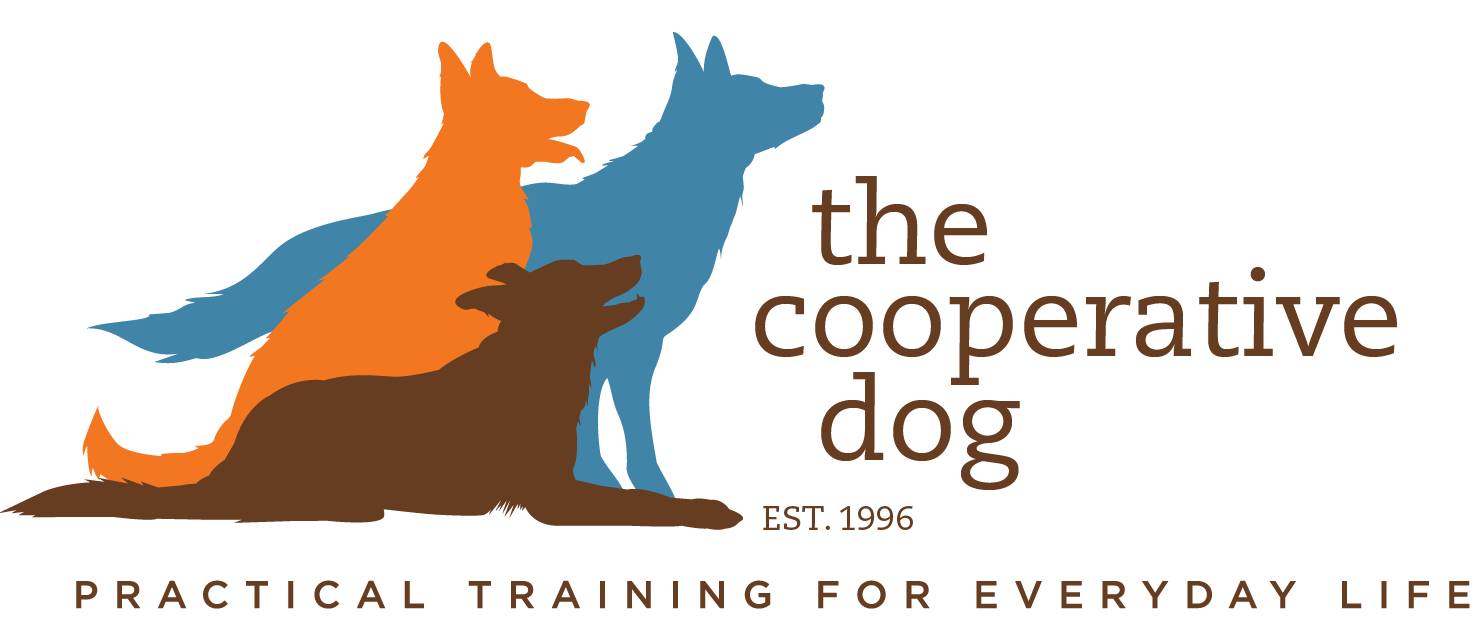Kirby passed recently at the age of 13 years and 2 days. She was taken down by hemangiosarcoma, a very deadly cancer of the blood that is all too common in German Shepherd Dogs. Although she looks like a GSD, she was actually an F1 cross between a GSD and a Sheltie. She looked like a miniature GSD and, unless you knew her, you’d think she didn’t have a single Sheltie gene… her Sheltie-esque (very vocal!) greeting when her special person came home represented that single Sheltie gene (very big grin!). Everything else was GSD.
That GSD look and behavioral presentation is most likely what got her into trouble early in life. Her ‘look’ along with her nervous energy probably prejudiced the first dog trainer she met in a puppy class. Several other dog professionals followed, six in fact. I was dog trainer number eight/behavior consultant number two when I met Kirby at age seven. The difference was that I knew what her primary behavioral problem was within a few minutes of meeting her, and that, as they say, made all the difference in Kirby’s world.
Identifying the primary problem in this case was easier than solving all the baggage that attached to it for 7 long years. That which may have been relatively easy to manage became anything but easy and, as a result of misdiagnosis, morphed into something else entirely. Kirby had separation issues though others labelled her ‘dominant’, ‘aggressive’, ‘alpha’, and a number of other common yet not so useful terms that did not help her to cope with spending time alone. Instead, the advice to decrease Kirby’s rank in the ‘pack’ served to fracture her relationship with her owner -almost to the point of no return.
I looked at Kirby’s entire life history as well as the whole dog before me. I connected the dots almost intuitively and offered Kirby and her very grateful owner a chance to begin anew. As I frequently do in my Stay Home N Train program, an alternative to traditional board & train, I worked with Kirby and became an integral part of her life. She got to live out her days and reclaim her ‘dog-ness’ by meeting my dog, Szap, and many others. The well socialized group of dogs I spent time with (not, ‘my pack’) accepted Kirby and her awkwardness. They didn’t take offense when she growled. They gave her the space she needed — a dog’s way of forgiving another.
Kirby, like so many dogs, was a misunderstood dog. She was loved dearly by her person, for whom I have much love and respect. I often look back on my work with dogs and their people and think about how much the dog taught me. While Kirby taught me a great deal, her owner taught me more. She is unique, these days, because she refused to euthanize her dog because they had a misunderstanding.
~ Vera E. Wilkinson CDBC, CPDT-KA
